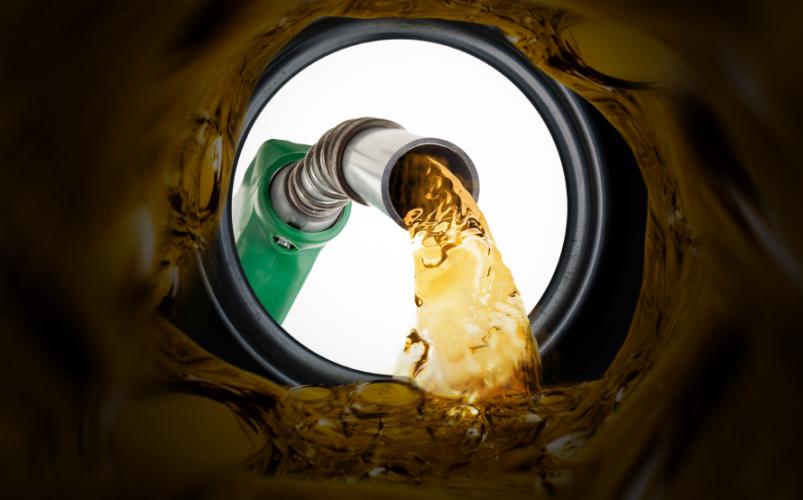
Did you know the average commercial truck consumes on average 20,500 gallons of gas each year. That’s a lot of gas and a lot of money! Thankfully, there are plenty of tips that you can practice starting from today to save up on fuel. We will mention the most significant ones today.
Speed
Let’s start with speed. It’s important to maintain a constant speed. That way the fuel usage is going to decrease because the more you accelerate the more fuel is burned. Going faster will hurt your pockets, every 1 mph increase in speed results in a 0.14-mpg decrease in fuel economy. The best range is between 55 and 60 mph. However, if there is wind blowing in the opposite direction then it is recommended to lower the speed.
Do Not Overfill
Overfilling the tank may cause fuel spill. That happens because when the fuel is heated either by engine or sun, it expands and overflows in the tank. It also adds to the weight of the vehicle and slows it down. We will talk more about this in the next section.
Be Mindful of the Weight
Just like we mentioned, the heavier the vehicle, the slower it is and the more fuel it requires to accelerate. Diesel weights around 7.2 lb/gallon. Choosing to drive a lighter truck or using lightweight models, such as aluminum wheels, cab frames and others instead of iron and steel ones will be a major beneficial change for the money savings. Do not forget to avoid unnecessary items, stop making your truck carry more than it needs to.
Tire Pressure
Correctly inflated tires will help save fuel. When your tires pressure goes down by 1 psi, the gas mileage can lower by 0.3%. If they are appropriately inflated it will be cheaper in the long run not only by saving fuel but also because it makes their lifespan longer and it will create a safer condition on the road.
Driving Technique
- Be gentle. The best technique to save up on the diesel fuel is by being gentle. Press on the fuel and break pedal as if they were very delicate, keeping a gentle and steady movement. Hard pressure and pumping the pedal will empty the tank of fuel much quicker.
- Avoid Breaking. When your truck completely stops it requires more fuel to start up again. Instead of starting and stopping, try speeding up and slowing down gradually. You can minimize unnecessary complete stops by increasing distance between you and the other vehicles you are following.
- Use Cruise Control. Whenever you are able to do so, use cruise control. It will limit unnecessary acceleration and deceleration and it might save you up to 6% in fuel.
Reduce Idling
It is important to be comfortable as a truck driver, so it is reasonable to run the engine to stay warm or cool in a truck while parked. Many drivers leave their trucks idling while they run a quick errand, or they are avoiding restarting the vehicle. This a very expensive practice because idling for one hour could burn a whole gallon of gas! Avoiding doing this could save you a couple thousands of fuel money a year. On top of increasing fuel consumption it also increases engine maintenance costs and surprisingly even negatively impacts the health of the driver. You can either turn off your truck and save or if you can’t control the truck and the driver behind then it is worth it to invest in technology that will shut down the mechanism after a certain period of time when the truck is at a stop or other device/mechanisms to avoid idling.
Maintenance
There are a number of things you can do to maintain your truck and thus saving up on fuel. Adding lubricants, cleaning and fixing parts will all be a good part to consider if you want to increase fuel efficiency and minimize fuel consumption.
- Fuel Additive. If you know you will be in the cold northern areas then it is recommended to add fuel additive with the fuel to prevent gelling.
- Injector Cleaner. You will prolong the engine life by mixing injector cleaner to the truck fuel tank regularly.
- Check the fan. When the engine is on the fan will turn on about 6% of the time. If there are issues with it though it will turn on much more frequently. How is this helpful when thinking of fuel economy? Well the fan adds to the horsepower the truck uses and that adds to the fuel consumption.